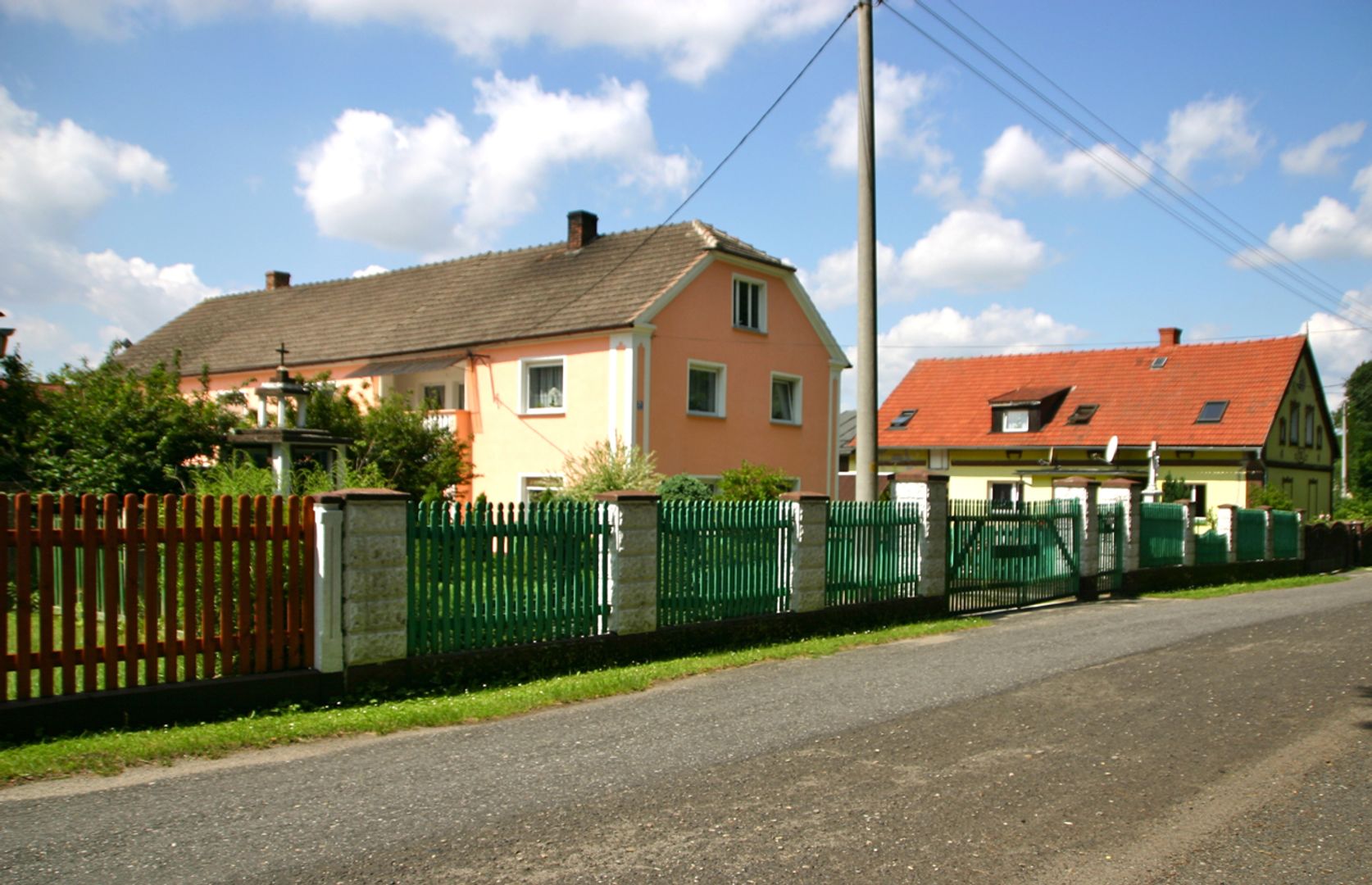Servitude
6.67

Overview
Serwitut is a hamlet of the village of Smolarnia in Poland, located in the Opole Voivodeship, Krapkowice County, within the municipality of Strzeleczki. Historically, it lies in Upper Silesia, with its settlement dating back to the turn of the 18th and 19th centuries. It belongs to the Smolarnia administrative district (sołectwo), and according to municipal data, it has a population of 52 residents. The origins of Serwitut are linked to servitutes (easements or use rights) that were imposed on the nearby forests. The history of this area is connected to the lease of the Chrzelice estate by Baron Jerzy IV of Prószków and subsequent changes of ownership under the Oppersdorf family. Key documents, such as the 1758 Chrzelice urbar (land registry), shed light on the regulations concerning wood harvesting from the surrounding forests. In 1796, the Głogówecki Las Serwitutowy (Głogówek Servitude Forest) was established, encompassing the forest area belonging to the Głogówek majorat. Serwitut has a forestry district that has been developing since the creation of the Głogówek Servitude Forest. The oldest documents related to the forest districts date back to the late 18th century. The hamlet's name derives from this servitude forest. Within Serwitut, there are religious structures, such as a bell funded by the Daniel family and crosses commemorating important events, including World War II. In 1946, a new cross was erected in honor of the deceased Otto Globisch. From a security perspective, until 1998, fire supervision was provided by the District State Fire Service (PSP) Command in Prudnik, and currently, the area is under the care of the police and the Border Guard, given its location in the border zone. Interestingly, one of the residents born in Serwitut was Reinhold Ritter, a German dentist and lecturer. Despite its small size, Serwitut reflects the rich history of the Upper Silesia region and the unique blend of forestry traditions with regional settlement.
Location
Tertiary Administrative Division
Strzelce Opolskie
County
Krapkowice County
State
Opolskie Voivodeship
Country
2026 Wizytor | All Rights Reserved